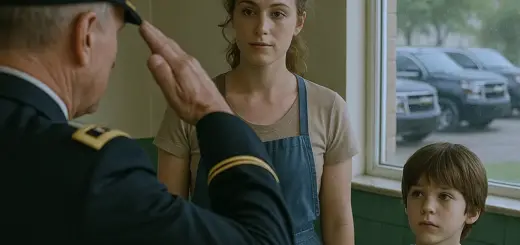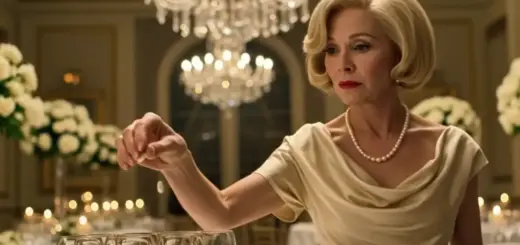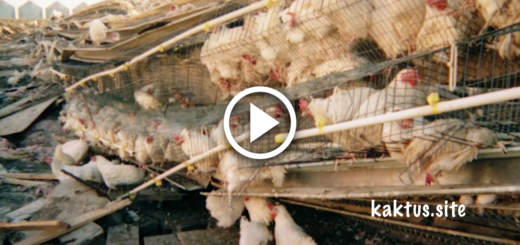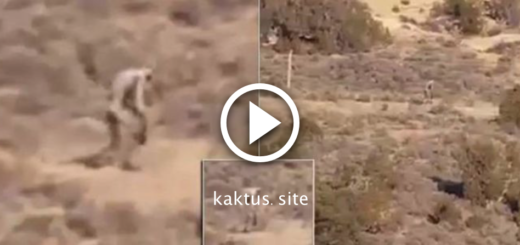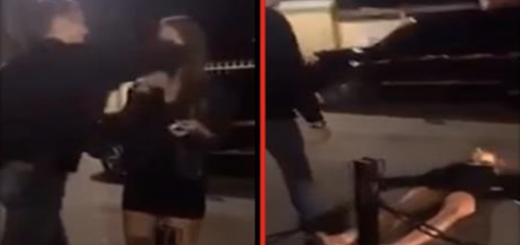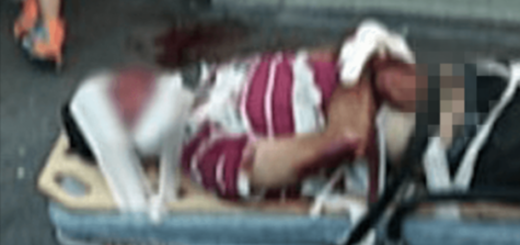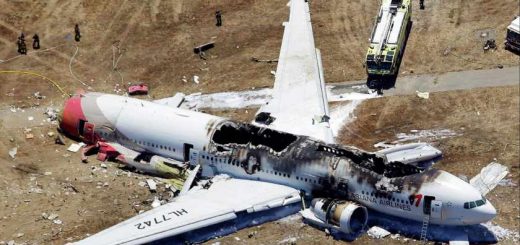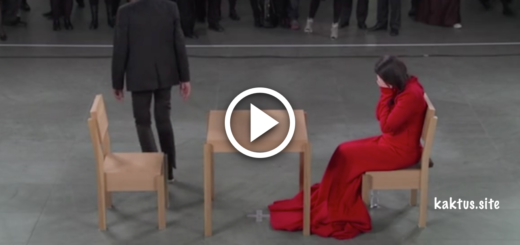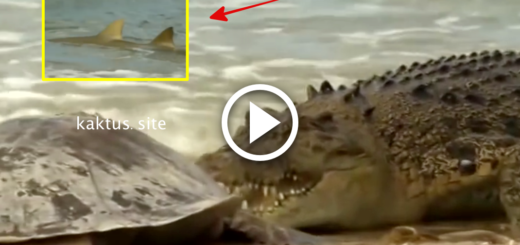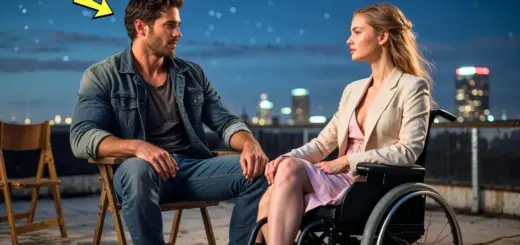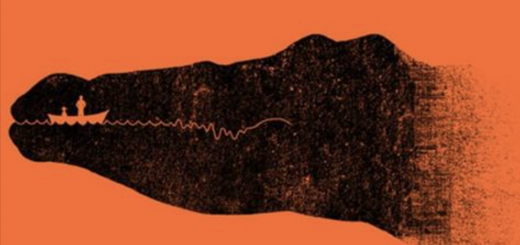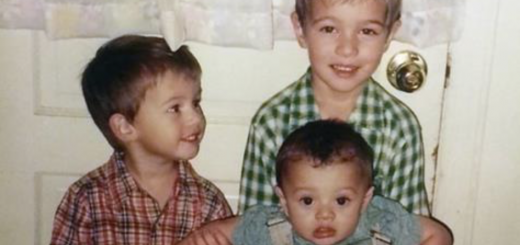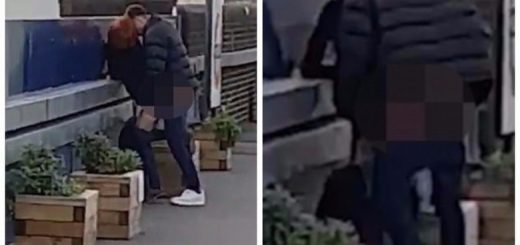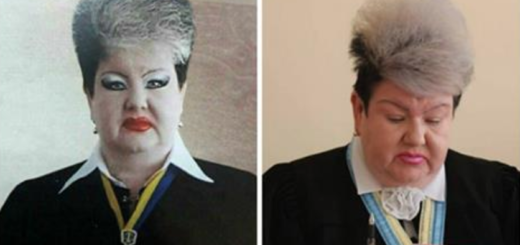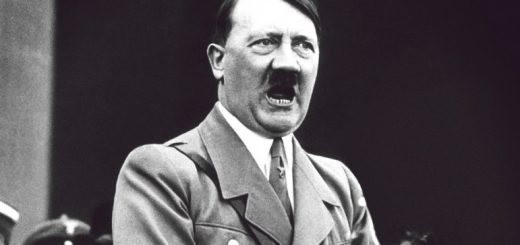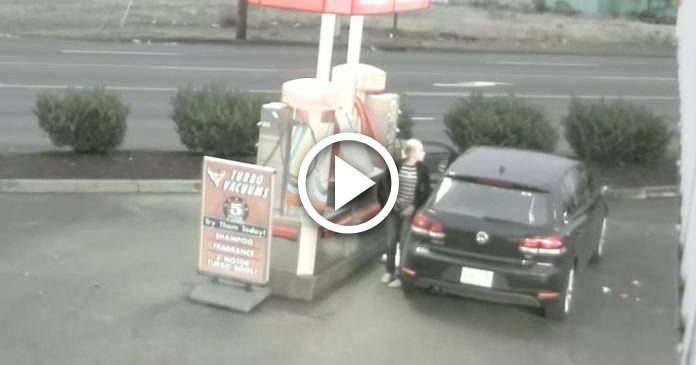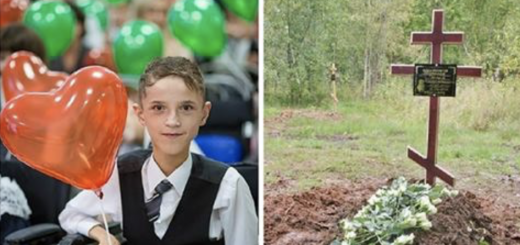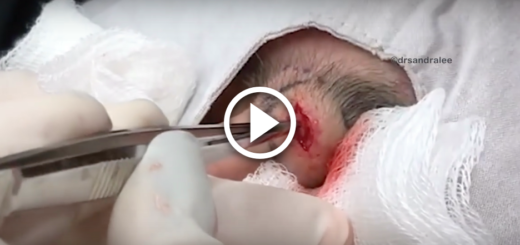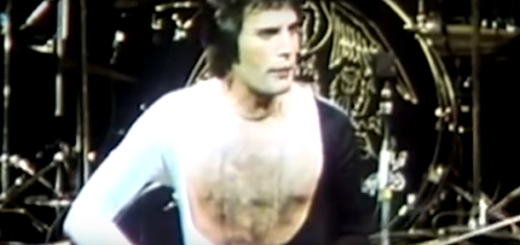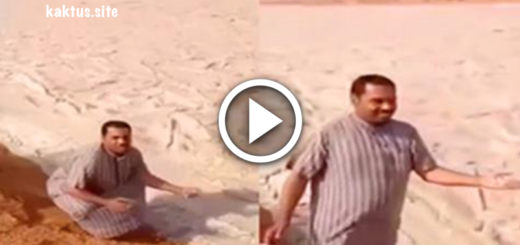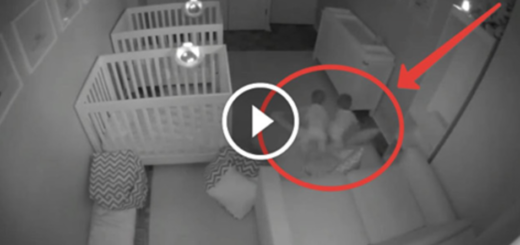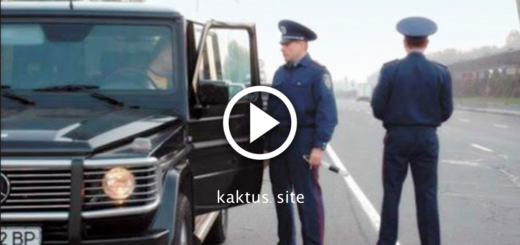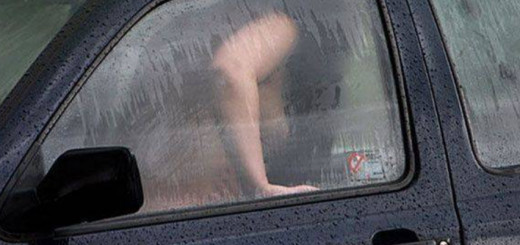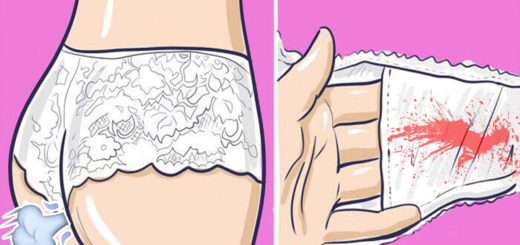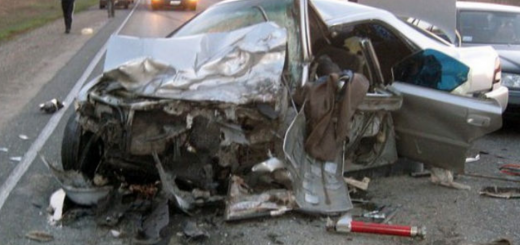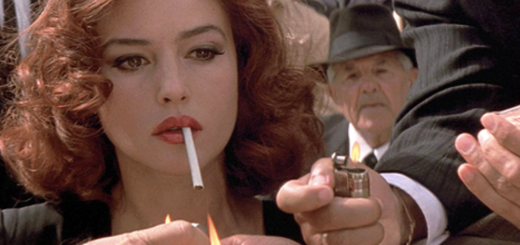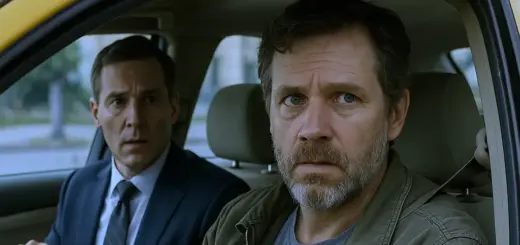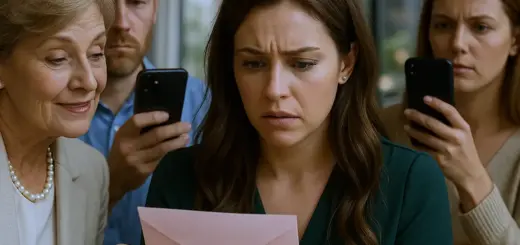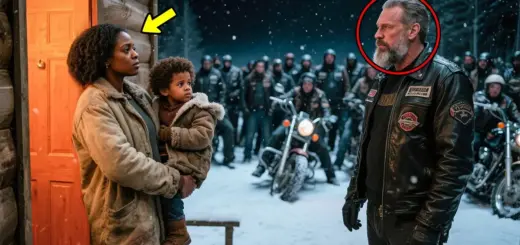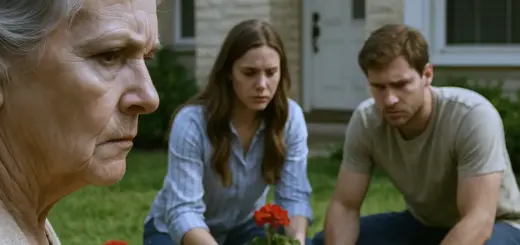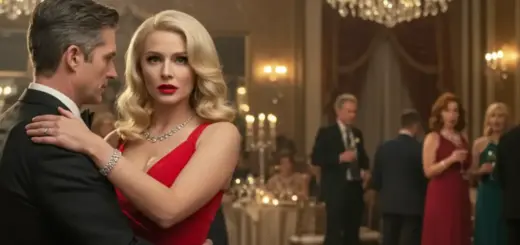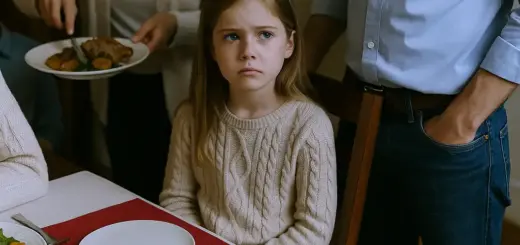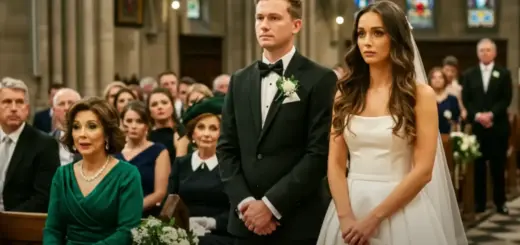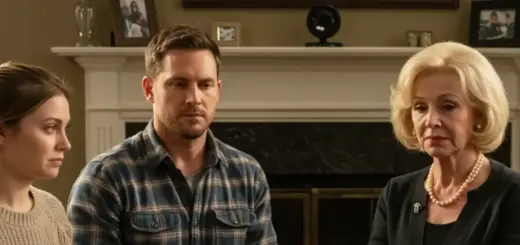I studied a map he had taken out of the cabinet, marked with red markers. «These are all the places you searched?»
«Everywhere. Abandoned buildings, homeless camps, hospitals, morgues. We checked with police departments in six states, posted your picture online before social media was even a thing.»
I traced the map with my finger, imagining Logan as a young man, barely out of his teens himself, trying to hold together a search while grieving his parents. «This must have consumed your life.»
«It did. I dropped out of college for a semester, nearly flunked out completely, but I couldn’t just move on. Not when you were out there somewhere.»
A particular newspaper clipping caught my eye: «Local Teen Found After Highway Accident.» The date matched what I knew about my own accident. «Is this…?»
«That’s you. Or we think it’s you. Look at the location.»
I read the article. «A 17-year-old male, found unconscious beside Highway 94, approximately 50 miles east of the city. No identification, severe head trauma.» The description matched what I’d been told about my own accident.
«But why didn’t anyone connect this to your missing brother?»
Logan’s face darkened. «Because the police in that county didn’t communicate with the police in this county. Because you were listed as ‘John Doe’ and we were looking for Ezra Westfield. And your parents? They died before we could make the connection. I was 19, trying to settle their estate, not fail college, and continue the search. I didn’t see this article until years later when I hired a new private investigator who was more thorough than the others.»
«Years later?»
«Five years later. By then, John Doe had been discharged from the hospital and had disappeared into the system. No forwarding address, no social security number on file. You’d become a ghost again.»
I sank into a chair, overwhelmed. «So you’ve known about the possibility for 20 years?»
«I’ve known about John Doe for 20 years. But there have been dozens of John Does over the years. Dozens of young men who might have been you. I’ve chased every lead, met with every possibility. Most of them were dead ends.»
«What made you think this John Doe was different?» Logan pulled out a thick folder. «The private investigator managed to get a copy of your medical records from the hospital. The injuries were consistent with being thrown from a moving vehicle. And there was something else.»
He handed me a photocopy of a medical report. Most of it was technical jargon, but one line was highlighted: «Patient has distinctive birthmark on left shoulder blade, approximately two inches, crescent-shaped.»
I reached over my shoulder, touching the spot I’d always assumed I was born with. «You know about this?»
«I gave it to you,» Logan said quietly. «When you were three, you fell off your bike. I guess I pushed you, actually, and you scraped your shoulder on the concrete. It healed in that crescent shape. Mom used to say it looked like a moon.»
The room felt like it was spinning. «That’s not possible. The doctors said it was a birthmark.»
I pulled off my shirt and turned my back to him. «Is this it?» I heard his sharp intake of breath.
«Oh my God, Ezra. That’s it. That’s exactly it.»
I put my shirt back on, my hands shaking. «We don’t need to wait for the DNA test, do we?»
«No,» Logan said, his voice thick with emotion. «We don’t. You’re my brother. You’re really my brother.» He embraced me abruptly, and despite my surprise, I found myself hugging him back.
The DNA results came back three days later, but by then, we both knew what they would say: 99.97% probability of a full sibling relationship. I was Ezra Westfield, the boy who disappeared 25 years ago, the brother Logan had never stopped searching for.
«I need to know what happened,» I said as we sat in Logan’s living room, the official results spread out on the coffee table between us. Logan had been thinking the same thing.
«I hired a new investigator, someone who specializes in cold cases. If there are answers to be found, she’ll find them.»
The investigator, a sharp-eyed woman named Detective Riley who’d retired from the police force, took on our case with the intensity of someone who’d seen too many families torn apart by unanswered questions. It took her two weeks to crack it.
«I found your driver,» she said, calling us to her office on a rainy Thursday afternoon. «His name was Carl Brennan. He died three years ago, but before he died, he confessed to his son.» Logan and I sat in stunned silence as she laid out the story.
«Brennan was driving drunk that night. He saw you walking along the road and offered you a ride. You got in, probably just trying to get out of the rain. About 20 miles down the highway, he lost control of the car.»
«The accident.»
«The accident. His car went off the road and rolled twice. He was thrown clear, just bruised and shaken. You,» she paused, «you weren’t so lucky. Head trauma, unconscious, bleeding. He panicked.»
«He left me there,» Logan said flatly.
«He left you there,» Detective Riley confirmed. «Drove home, reported his car stolen the next morning. By the time the police found the wreck, you’d been discovered by a passing motorist and taken to the hospital.»
«And he never said anything?»
«Not for 25 years. But guilt is a powerful thing. On his deathbed, he told his son everything. The son has been carrying that secret for three years, and when I tracked him down, he was relieved to finally tell someone.»
I felt a strange mix of emotions: anger at the man who’d left me to die, relief at finally knowing the truth, and something like closure settling over the questions that had haunted me for decades.
«What about the missing person reports?» Logan asked. «Why didn’t anyone connect the dots?»
«Different counties, different systems, and honestly? The investigation into your disappearance focused on the wrong things. Everyone assumed you’d been abducted or had run away intentionally. No one was looking for an accident victim 50 miles away.»
«So it was just bad luck,» I said.
«Bad luck and a drunk driver who was too much of a coward to do the right thing,» Detective Riley said. «I’m sorry it took so long to get answers.»
After we left her office, Logan and I drove in silence for a while. Finally, he pulled over at a park where we used to play as kids, though I didn’t remember it yet. «How do you feel?» he asked.
«Empty,» I said honestly. «I thought knowing the truth would feel like… I don’t know, like completion, but it just feels sad. Twenty-five years of wondering, and it comes down to a drunk driver who was too scared to call for help.»
«Yeah.»
I looked out at the playground, trying to imagine myself as a child here. «Logan, what if I never remember? What if the memories never come back?»
«Then we make new ones,» he said simply. «You’re my brother, whether you remember being my brother or not. That doesn’t change.»
«I’ve been homeless for three months. I’ve been sleeping in a taxi. I don’t even have a real last name on my driver’s license.»
«So we fix it. All of it. We get you an apartment; we get your legal name changed back to Westfield. We figure out what you want to do with your life.»
«I don’t want charity.»
«It’s not charity,» Logan said firmly. «It’s family. It’s what our parents would have wanted. It’s what I want.»
I looked at this man who’d spent half his life searching for me, who never gave up hope even when everyone else had moved on. «What if I’m not the brother you remember? What if I’m too different? Too damaged?»
«Then you’re still my brother, just a different version than I expected.»
That night in the hotel room Logan was still paying for, I lay awake thinking about identity. About the strange turns life takes. About the difference between the family you’re born with and the family you choose. I’d spent 25 years as a man without a past, and now I had to figure out how to be a man with a future.
A few days after the DNA results confirmed what we both already knew, Logan and I were sitting in his living room with takeout containers scattered across the coffee table. The conversation had been flowing easier each day, but there were still gaps—25 years of life that needed filling in.
«Can I ask you something?» I said. Logan set down his chopsticks. «What was it like starting over at 17 with no memory, no family, no anything?»
I leaned back against the couch, thinking about how to compress decades of struggle into something that made sense. «Terrifying,» I said finally. «The hospital social worker tried to place me in foster care, but we weren’t sure if I was exactly 17 or 18, and the system was already overwhelmed. They gave me a social security number, helped me get a GED, and basically wished me luck.»
«Jesus, you were just a kid.»
«A kid with a head injury and no past. I worked construction at first. Cash jobs, nothing official. Lived in a boarding house. But I was good with my hands, good at figuring out how things worked.» Logan nodded, encouraging me to continue. «I worked my way up over the years. Started as a laborer, became a foreman, eventually got hired as a manager at a construction company. Twenty years of building something, earning people’s trust. I was good at it: managing crews, keeping projects on schedule, solving problems.»

